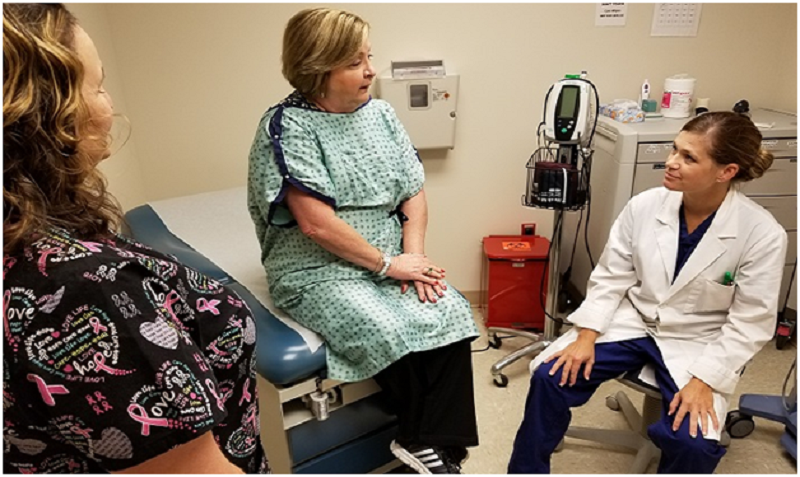Concerns about trade, immigration and border control have dominated the Brexit-related headlines, but the impact of the UK’s withdrawal from the EU extends to other, less obvious areas as well, such as patient access to potentially life-saving experimental treatments via clinical trials, especially in the field of paediatric oncology.
Difficulties of running paediatric oncology trials
Clinical trials specifically aimed at children with cancer is a niche field in the pharmaceutical sector. This is partially due to the fact that participation by children in clinical trials is even more strictly regulated than adult participation due to heightened safety and ethical concerns. For example, the NHS’ Health Research Ethics Guidance prohibits children under 16 years of age or their parents/guardians from participating in paid research studies offering financial inducements.
Additionally, because the incidence of cancer in children is relatively low, running a clinical trial in this area is not seen as cost-effective by pharmaceutical companies. Therefore, if a pharmaceutical company does decide to run a trial in this area, it will be a multi-centre trial recruiting participants from various countries in order to be able to build up a statistically significant number of patients.
Finally, while websites such as http://www.trials4us.co.uk/ have made it easier for interested members of the public to participate in clinical trials, it can be difficult for recruiters to meet the informed consent requirement in the case of children, especially in the complex field of oncology.
Impact of Brexit on children with cancer
While the UK has one of the lowest incidences of childhood cancer in the world, each year, 1,600 new cases of cancer are diagnosed in children aged 0 to 14 years. If such children cannot access new and innovative treatments via clinical trials or through timely access to new drugs, health professionals fear that children could be denied potentially life-saving interventions.
There are uncertainties over how the EU’s regulations governing cross-border clinical trials will apply to the UK after Brexit, so it is foreseeable that pharmaceutical companies will look elsewhere for patients. In addition, with the UK set to withdraw from the European Medicines Agency, it is expected that there will be delays in new drugs being brought to the UK as the country will no longer fall within the scope of the EMA’s single, EU-wide marketing authorisation.



